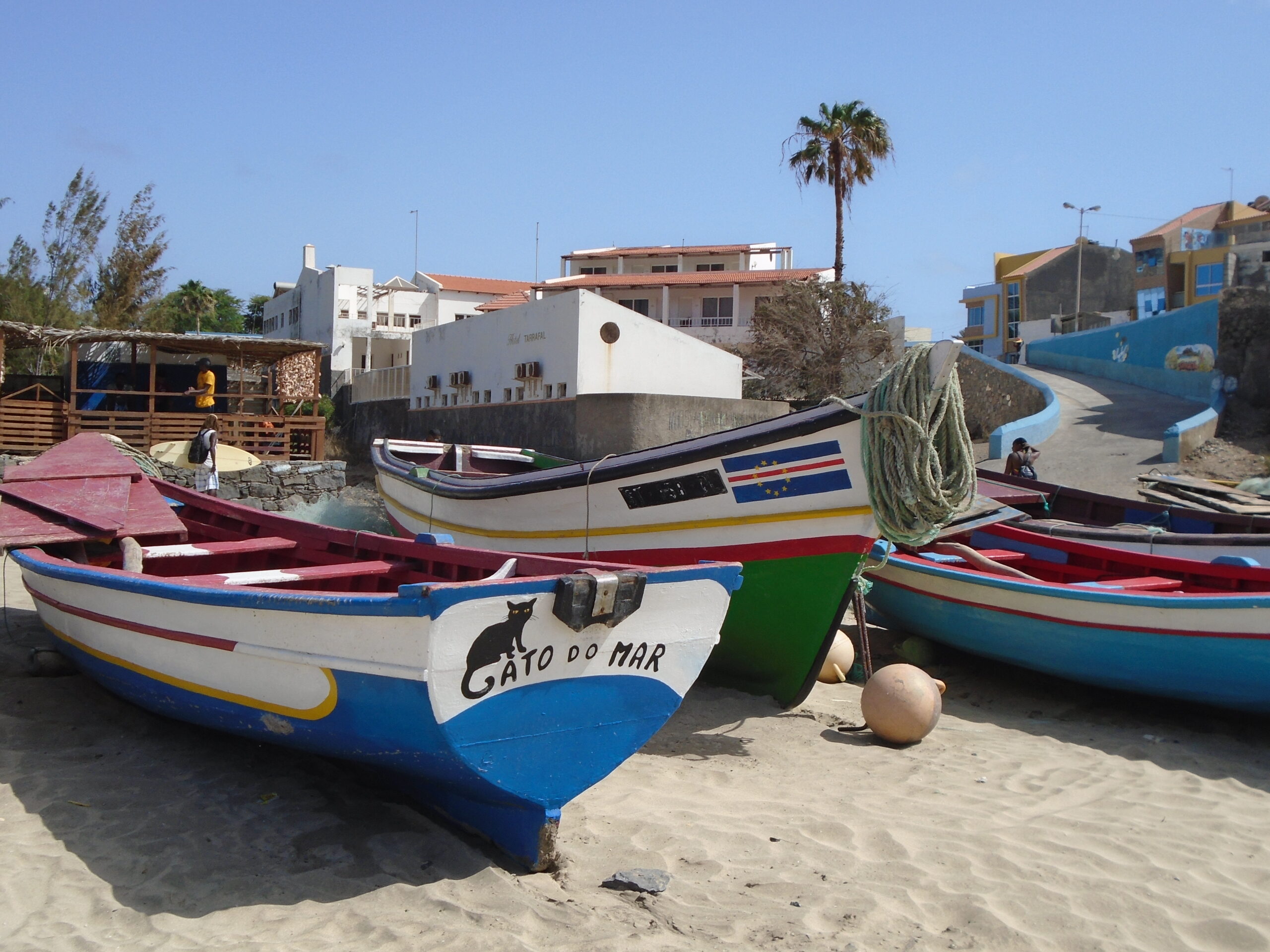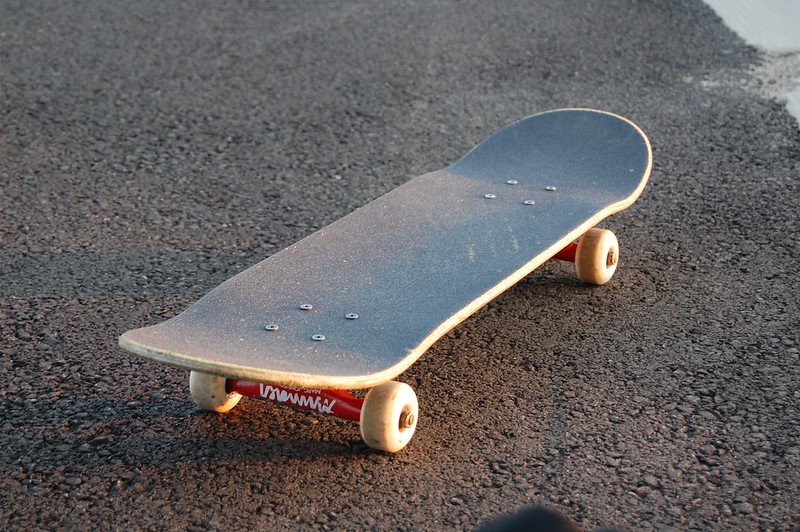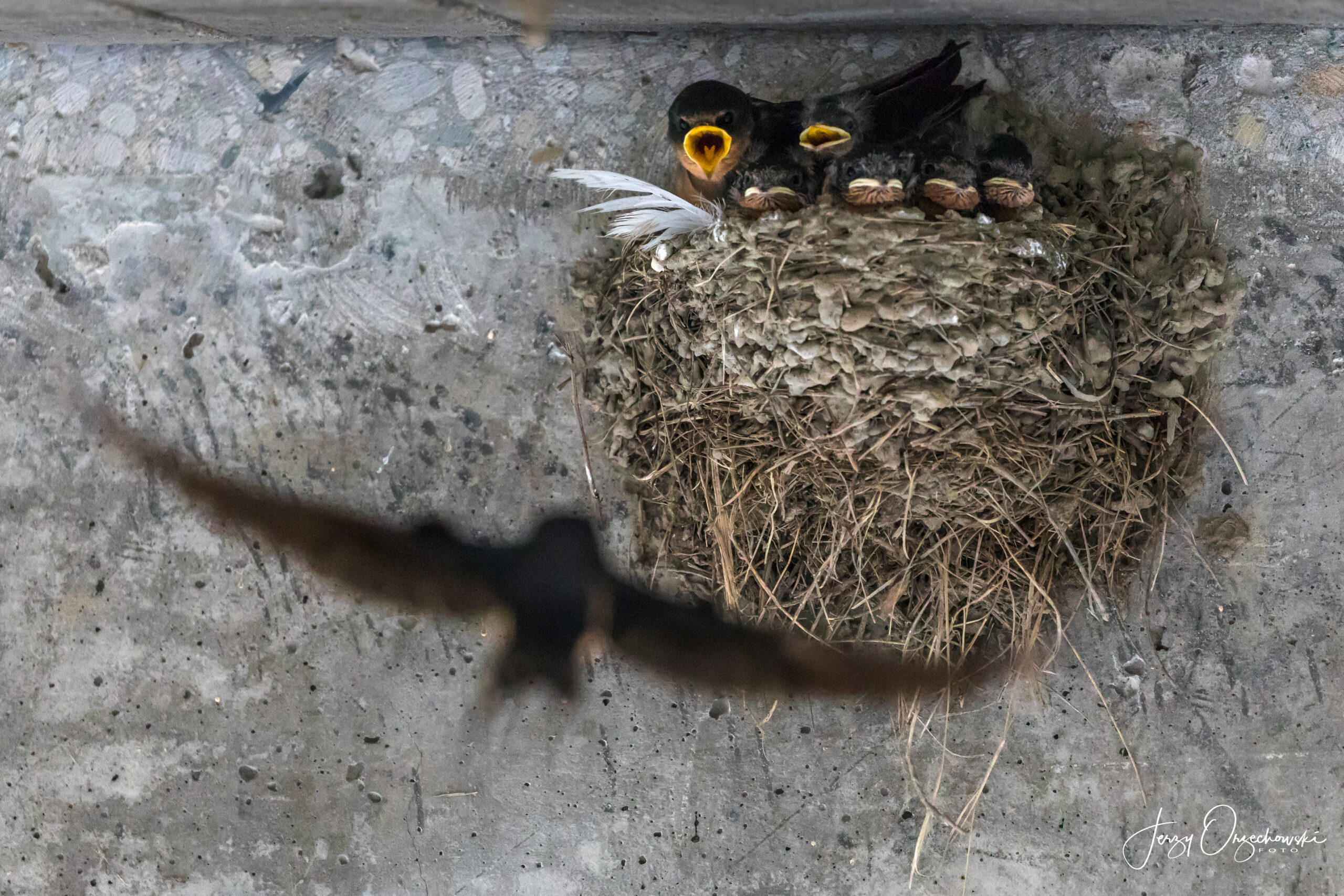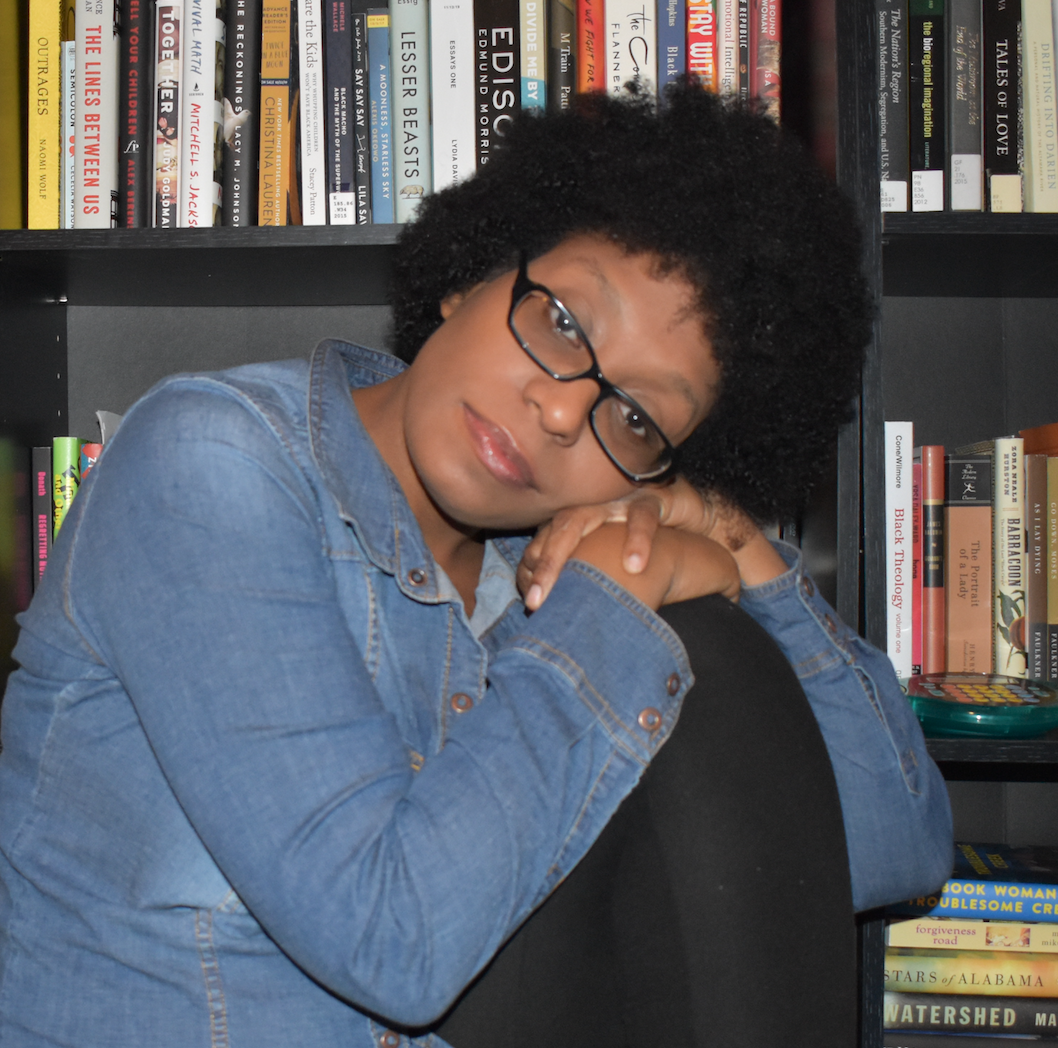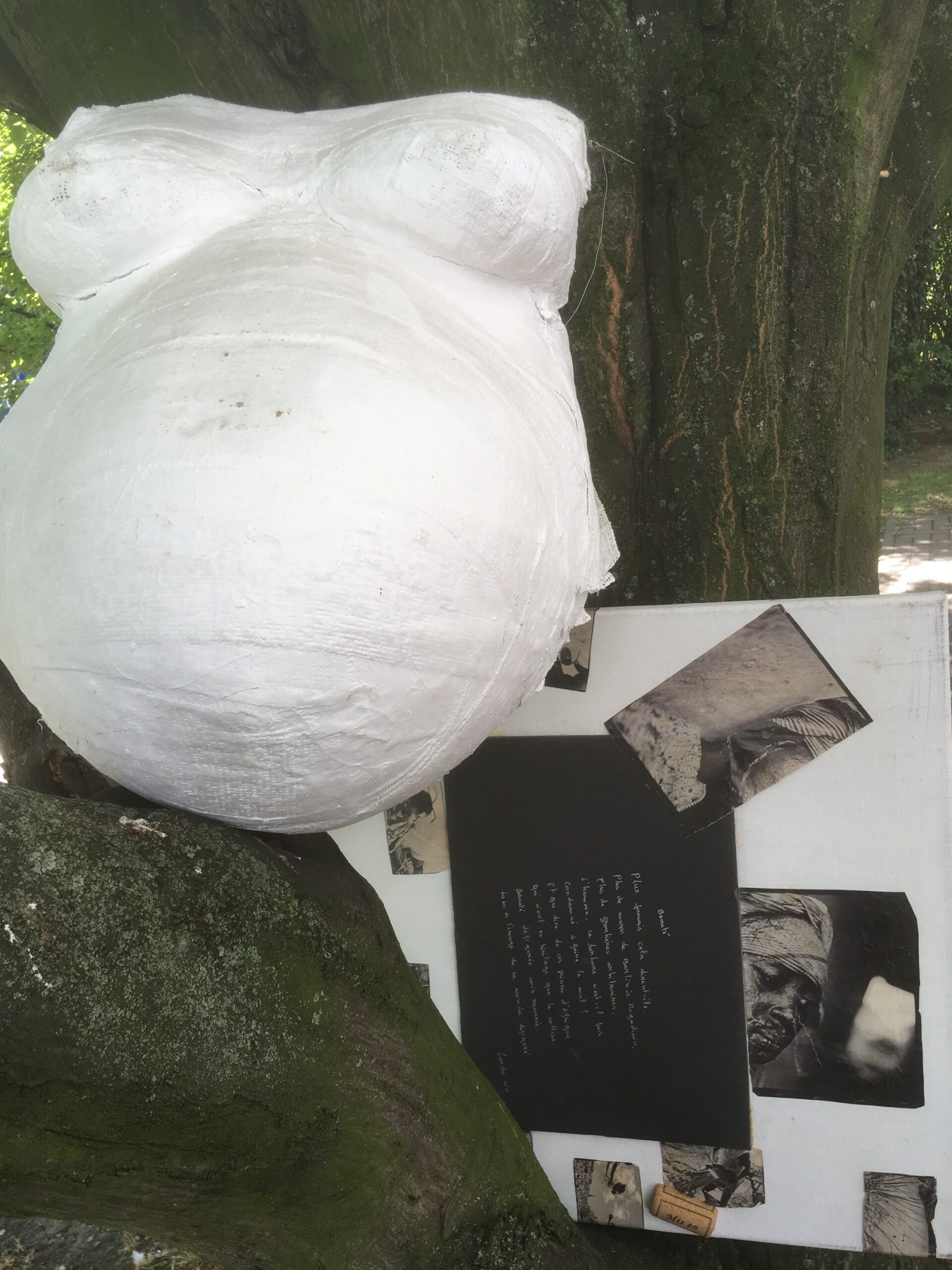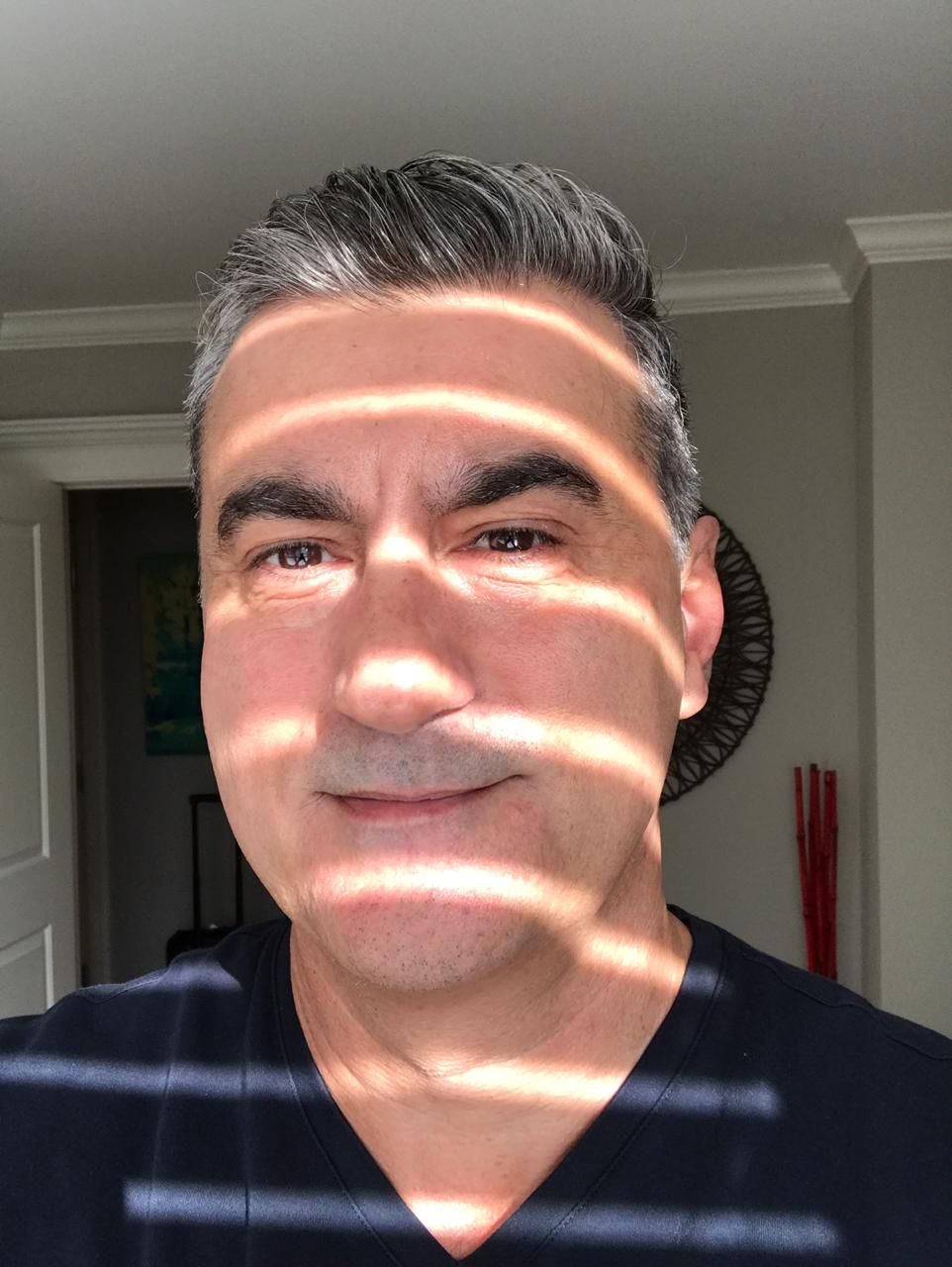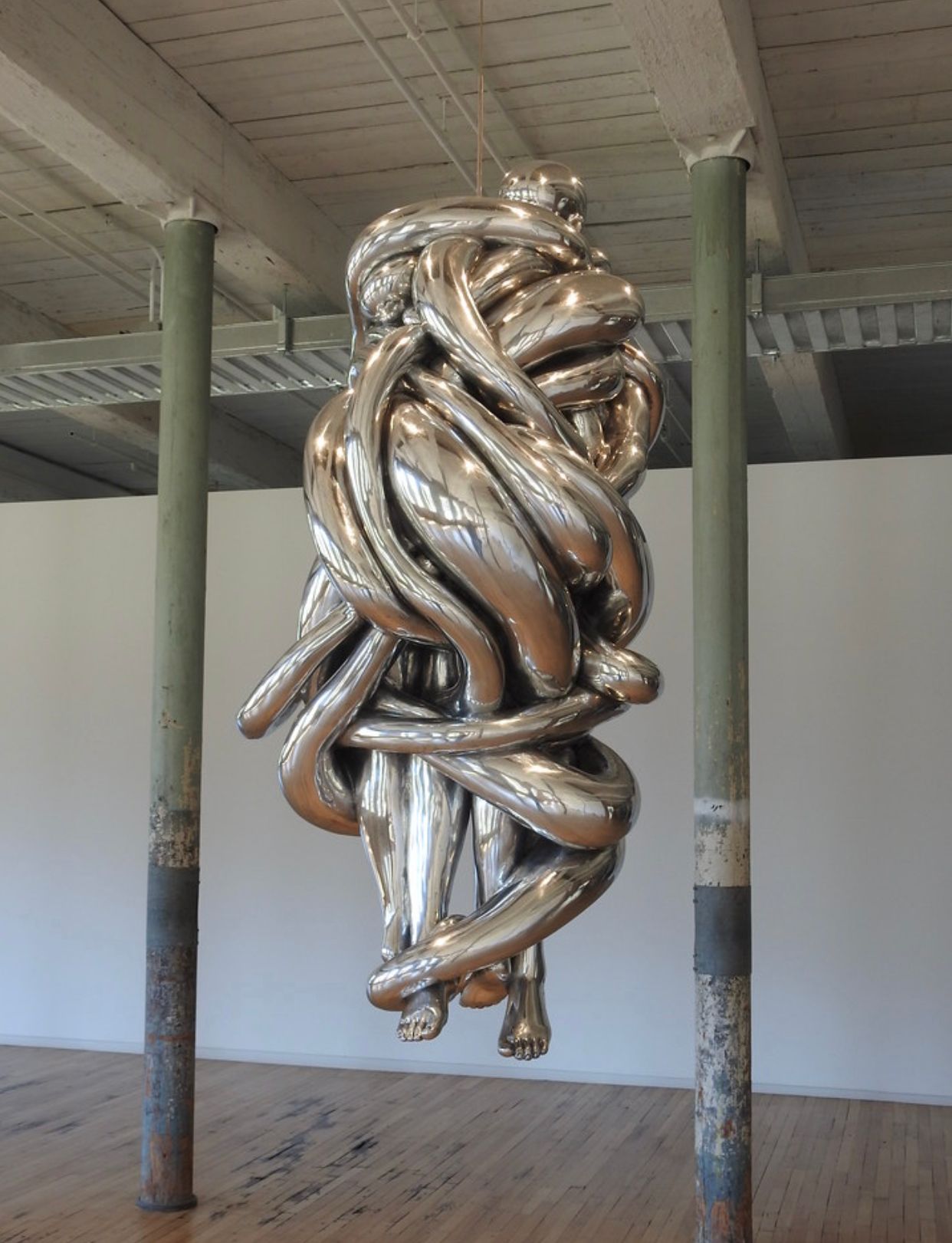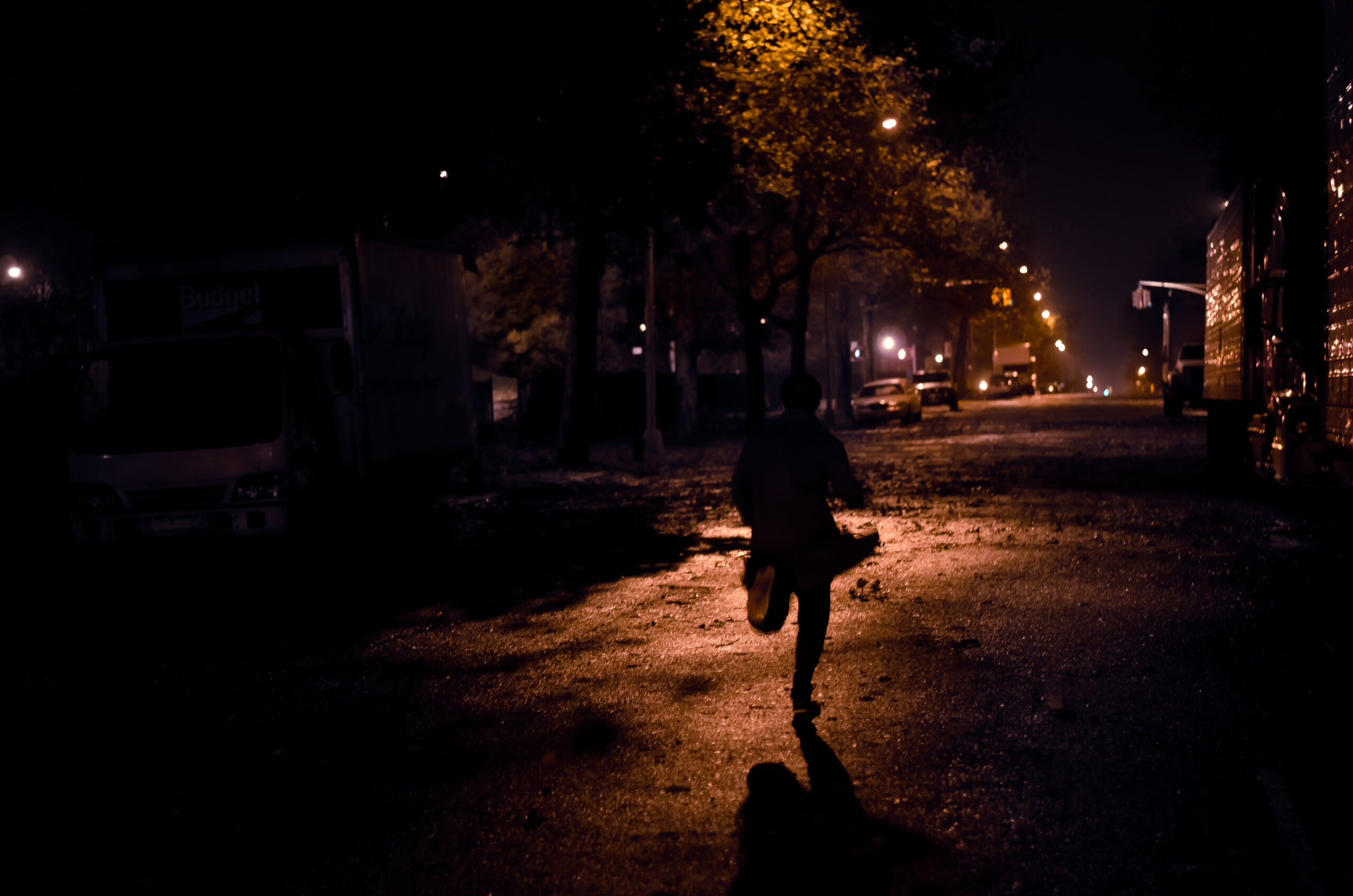By JOAQUIM ARENA
Translated by JETHRO SOUTAR
And then, as is its wont, death comes knocking at the door. This time from two thousand miles away.
I try to get the image I have of him in my head to focus. The man who tried to be my father for over thirty years. Officially, not biologically, and not anymore. A death that will nevertheless force me home, back to Lisbon, just when I thought I’d found my place on this dry and sleepy island.
